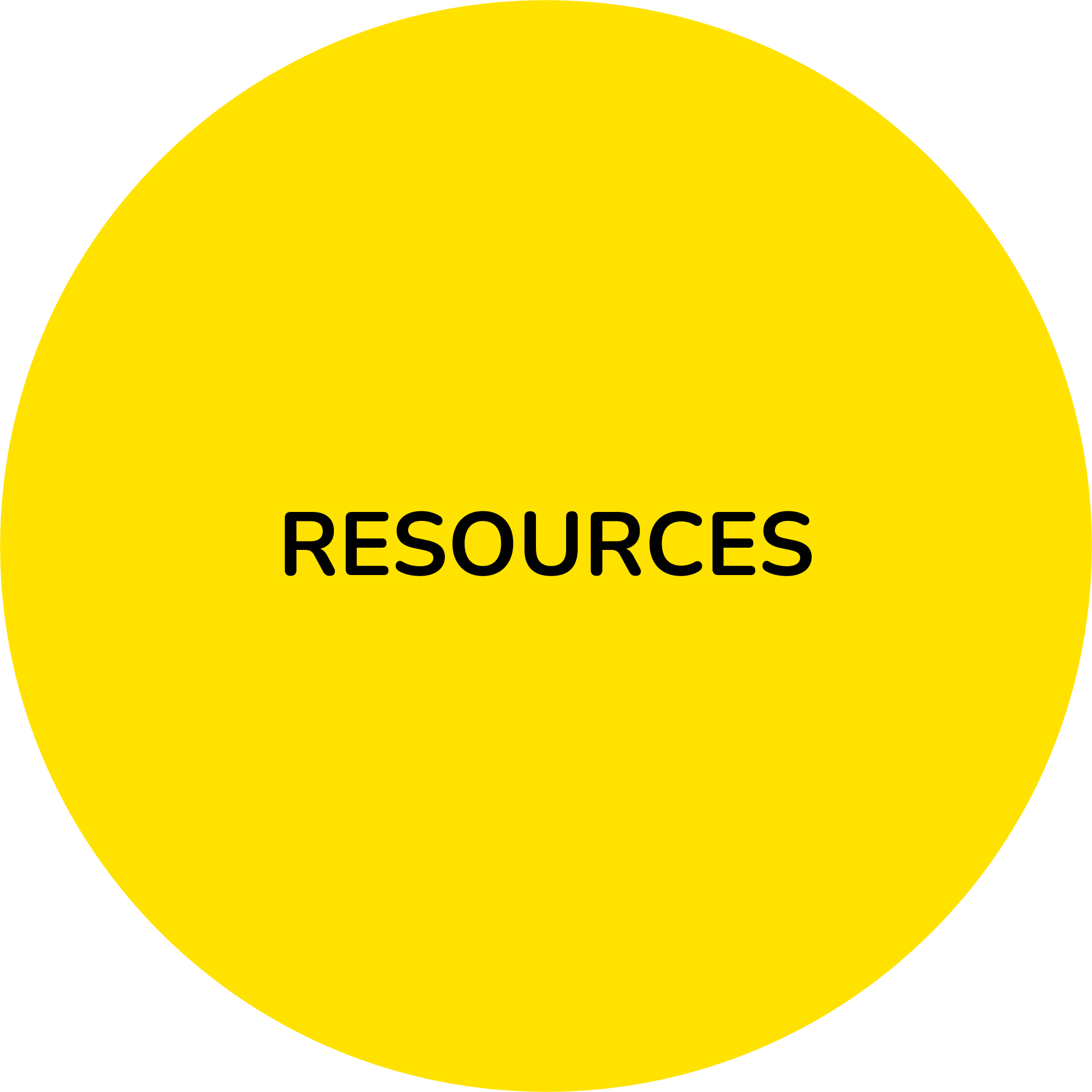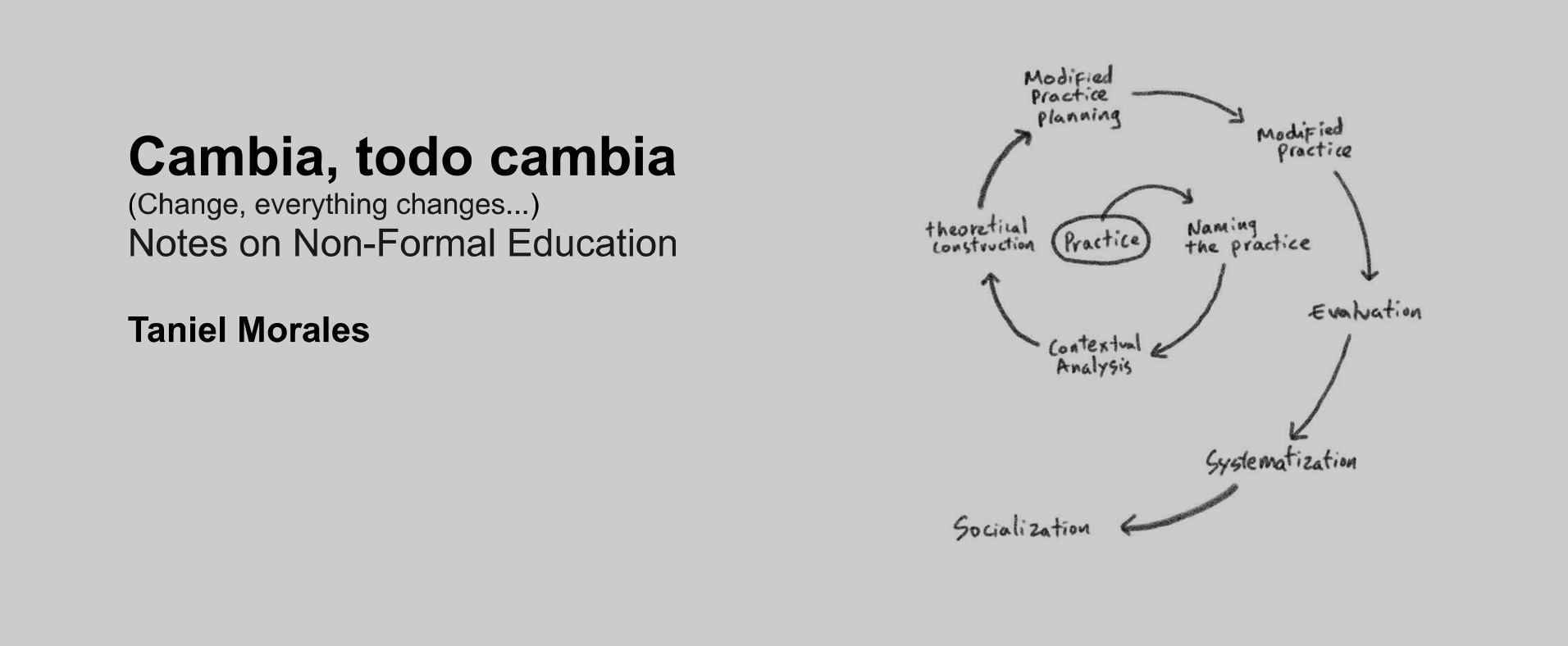
Podcasts:
What does the art school teach? Pilot Project HEQR 2023-24
This pilot project examines the specific type of learning that takes place in an art school and the impact of that learning on graduates’ lives beyond the art school.
This line of enquiry was initiated by Taniel Morales’ contribution to the MPF (In) Dialogue event which identified four pillars of art teaching which move away from the teaching of art as a process for teaching practical skills or technical problem solving. Taniel’s four pillars teach: One, how to do something; Two, how to be in the world; Three, how to be with other people and forge connections; Four, how to imagine the world. In short, Taniel’s prescription for teaching in an art school is to teach students to be better people, not better artists.
Taniel’s four pillars of the art school open up the following questions: What does the art school teach alongside the ability to make art? What do graduates take with them when they step beyond the walls of the art school?
The project seeks to explore these research questions through a set of interviews with art school graduates who have taken different paths since graduation.
This pilot project is headed by Reader Jenny Dunseath and Dr Natasha Kidd from Bath School of Art, Film and Media, with Dr Hannah Sackett (visiting researcher, Bath School of Art, Film and Media) acting as research assistant.
PODCAST 1: ALEXANDRA COULTER
Alexandra Coulter is Director of the National Centre for Creative Health (NCCH) which was established in response to Recommendation 1 in the Creative Health report, published in 2017 by the All-Party Parliamentary Group on Arts, Health and Wellbeing. The NCCH recently published the Creative Health Review which makes recommendations to Government for a national Creative Health Strategy. She was Director of Arts & Health South West from 2010-2024 and the Arts Coordinator at Dorset County Hospital from 1998-2013.
Art Education: History of Art at the Courtauld Institute of Art and Fine Art at Chelsea School of Art (1983-1986).
Alexandra Coulter
PODCAST 2: STEPHEN HILTON
Stephen Hilton, drawing on his diverse background in fine art and social research, pioneers creative solutions to complex challenges. Recognised as Local Government Innovator of the Year, he spearheaded smart, sustainable urban projects as Director of the Bristol Futures Department, securing Bristol’s European Green Capital 2015 title. Founding City Global Futures, he fosters equitable urban places. Hilton’s commitment to lifelong learning led him to recently complete an MA in regenerative economics at Dartington’s Schumacher College. Now collaborating on Slowmentum, he translates regenerative principles into actionable initiatives across Bristol and Bath, driving innovation, sustainability and inclusion.
Art Education: 1981-1983, Foundation Course, Mid-Cheshire School of Art and Design; 1983-1986, BA (Hons) Fine Art, Leeds Metropolitan University
- Instagram: @Slowmentum_
- Instagram: @stephenhilton09
- X: @stephenhilton
- www.slowmentum.org.uk
Stephen Hilton
PODCAST 3: JASMINE SMAIL
Jasmine Smail is a multidisciplinary artist based in the Southwest. Her practice explores childhood and its connections to memory and nostalgia. Utilising simple, childlike mediums she creates unrefined and imperfect sculptures and drawings. Her main preoccupation is the past being described and remembered through objects and the sentimentalisation of such objects. Jasmine is also a member of the artist collective Comfy Club which investigates and replicates experiences of girlhood, friendship and joy.
Art Education: BA (Hons) Fine Art, Bath Spa University, 2018-2021
Jasmine Smail
Cambia, todo cambia – Taniel Morales
In this text, Taniel Morales explores pedagogy as a form of transformation – Cambia, todo cambia – ‘Change, everything changes’.
(In)significant conversation:
July ’21: At this online public event Gilane Tawadros, Chief Executive of DACS and founding Director of the Institute of International Visual Arts (Iniva), shared her response to a series of conversations which critically appraise current pedagogical practices and speculate on relationships to art making, art works, societies and cultures more broadly.
Gilane reflected on closed conversations held with Prof. Magnus Quaife (University of the Arts, Helsinki), Ana Laura Lopez de la Torre (Universidad de la República, Uruguay), Dr Gurnam Singh (Coventry University) and their respective invited guests, focused around the question: Post pandemic, how can we imagine, critique, and challenge conceptions of art in the future without confronting the hierarchies, systems, structures, and relations which form its present?
Taking the grammatical function of brackets as a metaphor for the art school within the ‘art world’ and society more widely; looking to the minority within the majority; to the ‘folds’ within the institution in which transgressive practices and dialogues challenge the broader status quo, this event sought to coalesce plural discourses around institutional change. Gilane’s external position to the art school enabled her to reflect on these conversations from outside of the debate, and to bring them back into significant conversation.
Gilane Tawadros has spent her career in the visual arts. She has curated numerous exhibitions and has written extensively on contemporary art. She was the first art historian to be appointed as the Blanche, Edith and Irving Laurie Chair in Women’s Studies, Rutgers, the State University of New Jersey. She is Chair of the Stuart Hall Foundation and Trustee of the Stuart Croft Foundation. Her most recent book, The Sphinx Contemplating Napoleon: Global Perspectives on Contemporary Art and Difference, is published by Bloomsbury.
Documents/links: Event Programme
Transcript: please email MPF to request a copy of the Transcript
Recording: Watch the event on Vimeo
(IN) Dialogue):
July ’21: MPF’s first provocation event brought together a small group of individuals from across the globe to critically appraise current pedagogical practices and speculate on their relationship to art making, art works, societies and cultures more broadly. Invited guests were asked to be in conversation with guest(s) of their own choosing and to share their unrehearsed discussions with MPF.
This series of closed, unrehearsed conversations was held with Prof. Magnus Quaife (University of the Arts, Helsinki), Ana Laura Lopez de la Torre (Universidad de la República, Uruguay), Dr Gurnam Singh (Coventry University) and their respective invited guests. The discussions were focused around the question:
Post pandemic, how can we imagine, critique, and challenge conceptions of art in the future without confronting the hierarchies, systems, structures, and relations which form its present?
The following guests took part in these rich and important conversations:
- Prof. Magnus Quiafe (Professor of Fine Art Pedagogy at KuvA, Uniarts Helsinki) with Jaana Erkkilä-Hill (Vice Rector for Research at the University of the Arts Helsinki) and Annie Davey (artist researcher and teacher at UCL Institute of Education).
– Dr Gurnam Singh (Principal Lecturer in Social Work at Coventry University and Visiting Professor of Social Work at the University of Chester) and Dr Luca Morini (Research Associate at the Centre for Global Learning Education and Attainment at Coventry University).
– Ana Laura López de la Torre (artist, writer and educator based in Uruguay), Rosalie Schweiker ( a conceptual artist based in London), Taniel Morales (a visual artist with training in mathematics and music), and Anna Colin (an independent curator, educator and researcher based in Kent).
Documents: Event programme
Trailers:
Inventory of behaviours:
Inventory of Behaviours was developed in 2017 by Addison and Kidd to investigate what the ordinary behaviours of artists can tell us about creativity. This evolving artwork consists of over 400 artists’ instructions detailing the behaviours, preparations, patterns, neuroses, and procrastinations of artists in their physical, digital, psychological spaces when they are not making work. This multi-platform project comprises of an ongoing series of performance events and texts, including Blip blip blip, Leeds (2017) and participatory performances at Tate Exchange where artist’s instructions were made available through film, sound and print to over 10,000 visitors who were invited to enact instructions in Tate Tanks.
Inventory proposed that the ordinary behaviours of artists may have much to tell us about how art is made, and asked what it means for an artist to be productive and what can be learned about being an artist from this
Click here to watch a Short Film about Inventory of Behaviours
The film is from SHIFT a monthly series of videos sharing varied practices, approaches and philosophies within art education. Artists Jo Addison and Natasha Kidd reflect on their collaborative practice and the participatory performances that have constituted their ongoing project ‘Inventory of Behaviours’ (2017– ). In this short film, they describe the ways in which the ‘Inventory’ evolved to challenge the dominant perceptions of creativity within UK education. Revealing their uncertainty in a post-COVID landscape, the film is overlaid with audio recordings that interrupt their conversation, challenge their thinking and force the speakers to question the way forward for their practice. The complete series of SHIFT videos are available to view on the Freelands Foundation website
Watch the film below to see 99 Behaviours from the ‘Inventory of Behaviours’
Accelerate:
Accessible immersive learning for art & design
ACCELERATE was a strategic partnership project (2021–2023) funded by Erasmus+ to develop innovative methodologies, tools, platforms, and resources for accessible immersive learning in art and design education.
ACCELERATE has a simple but ambitious aim: to improve the teaching of art and design at higher education in a post-pandemic Europe through the development of innovative methodologies, tools, platforms, and resources for accessible immersive learning. It does so by bringing together art and design lecturers, educational researchers, and learning technologists from the UK, Ireland, Poland, and Ukraine to reflect on the impact of COVID-19 and war, to explore new possibilities for pedagogy and digital innovation
At its heart, ACCELERATE is about digital innovation in response to the impact that COVID-19 has had—and continues to have—on university teaching. It is fundamentally a practice-based project in its investment in the agency of technology and follows a ‘thinking through making’ approach. It seeks to address the particular challenges in the teaching of art, design and related practice-based creative subjects where materiality, embodiment, and experientially are central to the learning experience and where, consequently, the transition to online and distance learning has presented acute difficulties.
Prof Ian Gadd led the project with support from Academic lead, Reader Jenny Dunseath at Bath Spa University with University of Arts London (UK), Institute of Art, Design and Technology (Ireland), SWPS University of Social Sciences and Humanities (Poland), Sumy State University (Ukraine) and Chernivtsi National University (Ukraine).
Results and resources are published on the project website: www.immersiveartdesign.net
Accelerate Film produced by UAL 2021-23
The project is part of Partnerships for Digital Education Readiness, a funded programme by the European Commission for initiatives responding to the digital challenges raised by the Covid-19 pandemic.
Resources
‘Ha-ha: The Parallax of the ‘Exhibitionesque’ – Katrine Hjelde (2015-17)
‘Showing-knowing: the exhibition, the student, and the higher education art institution’ – Katrine Hjelde (2020)
‘Things an Art School could be’ – Hannah Kate Sackett
‘Finding the Problem’ – Hannah Kate Sackett
A Pedagogical Turn: Brief Notes on Education as Art – Kristina Lee Podesva
Pause. Fervour. Reflections on a Pandemic – Journal of Visual Culture/ HaFl
Everyone Has To Learn Everything Or Emotional Labo – Adusei-Poku
Take Care – Anthony Huberman
WdKA Makes a Difference – WdKA
Art School: (Propositions for the 21st Century) – Steven Madoff
Art.School.Differences – Institute for Education
Turning – Curating and the Educational Turn – Irit Rogoff
Art as Unlearning: towards a mannerist pedagogy – John Balacchino
Toward a Reflexive Resistance – Andrea Fraser
The Undercommons – Stefano Hardy and Fred Moten
The Inheritors French Students and Their Relation to Culture – Pierre Bourdieu and Jean Claude Passeron
Cognition and Curriculum reconsidered – Elliot W Eisner
Trying to be at home in the world: New parameters for art education – Gert Biesta
Acts of Knowing: Critical Pedagogy In, Against and Beyond the University – Stephen Cowden and Gurnam Singh

